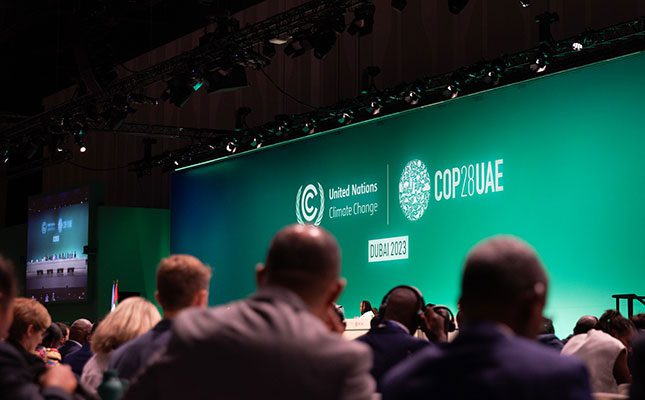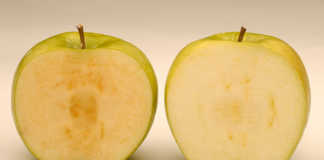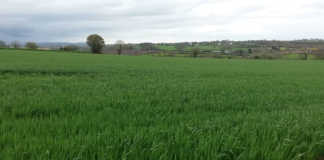
Photo: Flickr
This was according to US Agriculture Secretary Tom Vilsack, speaking to the Successful Farming website from the summit.
Instead, food and agriculture’s contribution to COP28 would be a non-binding endorsement of sustainable production, the so-called Emirates Declaration, which was presented on the opening day of the summit.
The 2023 Climate Change Conference or Conference of the Parties of the United Nations Framework Convention on Climate Change (more commonly known as COP28) was the 28th United Nations Climate Change conference, held from 30 November to 12 December in Dubai in the United Arab Emirates.
Vilsack explained that there had not been enough time to “negotiate a text on agriculture because of a disagreement between the world’s wealthiest nations and the developing world over how to review progress on climate goals”.
According to the Successful Farming website, a total of 152 countries signed the Emirates Declaration, which was calling for food and agriculture to “take a central role in national climate efforts”.
“This declaration, I think, is a pretty significant milestone,” Vilsack said, “because it outlines steps for sustainable food production in the face of a changing climate.”
Sunday, 10 December was Food, Agriculture and Water Day at COP28, and according to the website, this was the first time that food and agriculture were given such prominence at the annual climate summit.
Mariam bint Mohammed Almheiri, the UAE minister of climate change and environment, told delegates that food and agriculture were the second-largest source of greenhouse gases, and accounted for one third of lobal emissions.
“We will not reach 1,5°C unless we fix food and agriculture,” she said during a discussion.
Discussions around greenhouse gas emissions and their contribution to global warming generally focused on the goal of preventing a 1,5°C increase in global temperatures compared with pre-industrial times.
The news agency Press Trust of India reported that a draft document released by negotiators referred to “sustainable agriculture” as a solution for climate mitigation and resilience.
“It also includes goals without specific targets related to water, food, health and agriculture,” the report said.
Successful Farming reported that the Emirates Declaration stressed that agriculture and food systems should urgently adapt and transform in an attempt to respond to the imperatives of climate change.
The declaration outlined the following broad objectives:
- Participating nations undertook to work expeditiously to maximise climate and environmental benefits.
- This would be achieved by containing and reducing the harmful impact of agriculture and food systems by conserving, protecting, and restoring land and natural ecosystems, enhancing soil health and biodiversity, and switching over from higher greenhouse gas-emitting practices to more sustainable production and consumption approaches.
- This would include reducing food loss and wastage, and promoting sustainable aquatic blue foods.
Almheiri and Vilsack announced at the summit that during the past year global commitments to the Agriculture Innovation Mission for Climate (also known as AIM for Climate) nearly doubled to US$17 billion (about R308 billion).
This initiative was sponsored by the UAE and the US and sought to achieve a significant increase in innovations for climate-smart food and agriculture between 2021 and 2025.












